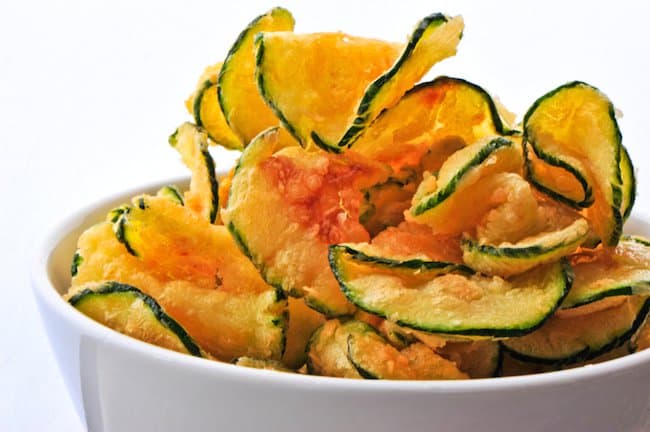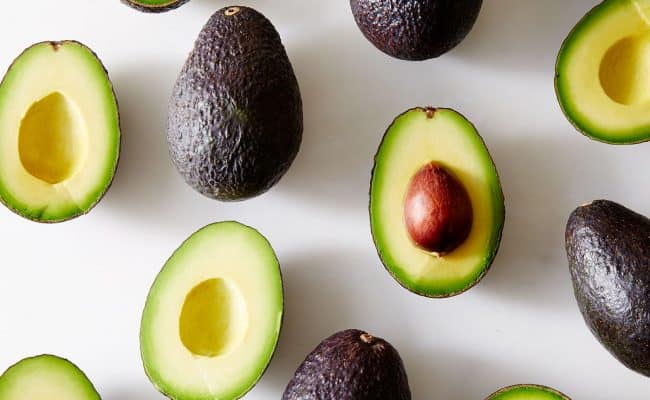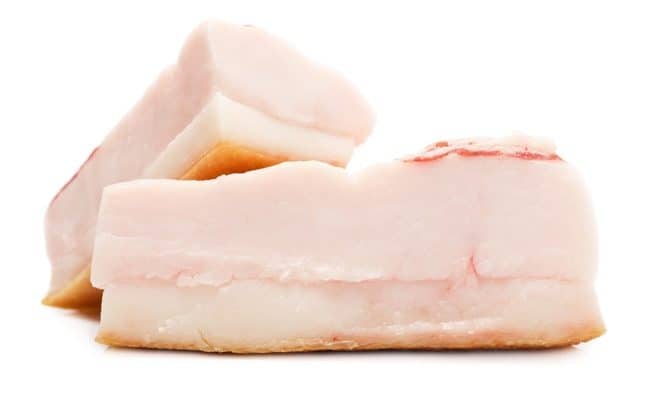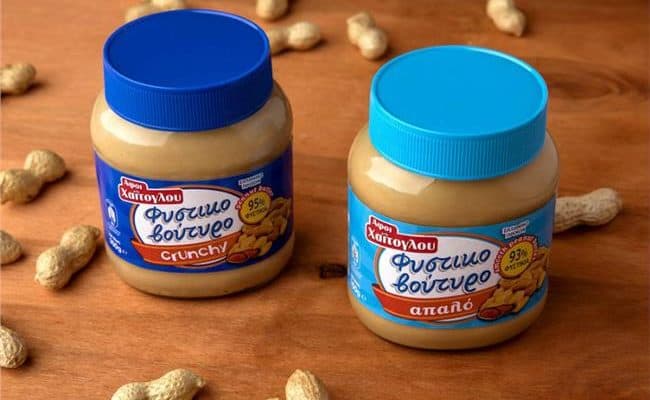
Food companies put a lot of money and effort into making their products as attractive as possible to consumers and this often means using misleading advertising to make products sound healthier than they really are.
If you have been trying to follow a healthy diet but are still not achieving the weight loss you want, chances are the foods that you are eating are not as healthy as you have been led to believe.
Here are some of the foods most commonly thought of as healthy when in fact they could be the reason you are gaining weight.
1. Granola
Packed full of fruit, nuts and whole grains, granola does have some health benefits in that it is generally high in fiber and contains valuable nutrients such as B vitamins; however, what many people do not realize is that it can also be high in fat and calories.
Toasted versions are usually the worst offenders as these have added fat, often of the unhealthy saturated variety, that bumps the calorie count right up.
Granola bars can also be included in this category, as although they are often regarded as a healthy snack, they are generally high in fat, sugar or both.
Even natural granolas can be high in calories however, due to their fruit and nut content and on occasion added sweeteners such as honey, so even though these are nutritious, it is important to keep portion sizes small.
2. Low fat and no fat products
Many low and no fat products have more calories than the full fat version, simply due to the added sugar used to boost palatability. Rather than rely on marketing messages stating low or no fat, it is important to read food labels yourself and compare calories between brands.
3. Yogurt
Some yogurt, such as natural, low fat varieties can be a healthy choice, however, many versions of this popular healthy food share more In common with ice cream or custard. Many flavored yogurts are very high in sugar and thus have a fair amount of calories, whilst others are very high in fat.
Greek yogurt has a particularly high fat content, as do many luxury yogurts and yogurts sold from specialty yogurt shops. It should also be noted that frozen yogurt is generally high in calories due to a high sugar and possibly fat content and contains none of the health benefits of yogurts with active cultures.
4. Sugar free cookies or candy
Similarly to how fat free foods may have a high sugar content to improve taste, it is common for sugar free foods to have a high fat content to make them more palatable. Although the calorie content may be reduced by the use of an artificial sweetener instead of sugar, extra fat content still means a relatively high calorie count.
5. Veggie chips
Yes they may be vegetables, but they are still being coated in oil and fried. Even baked varieties are generally oil coated before cooking, so although they have less fat that fried versions they can hardly be counted as a healthy option.
If you feel like a veggie snack you are much better off cutting up some vegetables and eating them with a healthy dip. Read our 10 snacking tips for more ideas!
6. Smoothies
These are marketed as the ideal way to get some of you five a day or as a healthy meal option on the run, but in a lot of cases they are far from this.
Many smoothies do not contain real fruit, but instead use high sugar fruit puree or even flavored syrups. Many are thickened with high fat yogurt, frozen yogurt or ice cream and may contain extra sweeteners such as honey, meaning they are generally high in calories and fat and may not provide many nutritional benefits.
The large size of many commercial smoothies means that even if real fruit and low fat milk are used, the calorie count is still high due to the sheer volume of drink. For the healthiest smoothie option, make your own at home with fresh whole fruit and low fat milk, using blended ice cubes or low fat yogurt to add thickness if required.
7. Juices
Yes juice is made from fruit (in most cases), but this does not mean that it is always a healthy option. Juice is generally a very concentrated form of sugar, due to the amount of fruit required to make a glass.
A decent size glass of orange juice could take up to ten oranges to make, which is a lot of calories, even if there are vitamins present too. Although natural fruit juice may contain vitamins, it is often lacking in the fiber of the whole piece of fruit, so from a health perspective you are much better off eating the fruit than drinking the juice.
In addition to this, some fruit juices contain little real fruit and are made up of flavors and colors with a token amount of juice added, meaning there is not even any nutritional benefit.
For the healthiest juice alternative, make you own from whole fruit to retain the fiber and use a mixture of fruit and vegetables to reduce the sugar content.
You can also read:
8. Sushi
The Japanese people may be some of the healthiest in the world, but that doesn’t mean their most popular export food is healthy. Sushi is made with white rice, which is high GI and therefore causes a peak in blood sugar levels followed by a drop that leaves you craving food.
The rice also has sugar added to it in the form of sweet vinegar and even more calories come from deep fried or mayonnaise based fillings.
9. Trail mix
This is probably a relatively healthy snack if you are actually walking up trails and climbing mountains and are in need of extra calories, however, for more sedentary people, this type of dried fruit, nut and often chocolate coated mix is probably more energy dense than required for a snack.
Dried fruit and nuts are very high in calories, although they are nutrient dense too, so portion sizes really need to be limited. Mixes that contain chocolate or yogurt coated fruit and nuts are even higher in calories and are also often a source of unhealthy palm oil, a saturated fat that is unhealthy for heat health.
10. Diet soda
Although it has few calories, it is possible that diet soda may still cause weight gain due to the effect it has on your body. When you taste something sweet, your body expects a sugar hit and when it does not get it you begin to crave sugary foods.
This can lead to binges and overeating of sweet, nutritionally poor foods, which in turn can lead to weight gain if it happens on a regular basis.











Madhavi says
good advice. enjoyed reading this